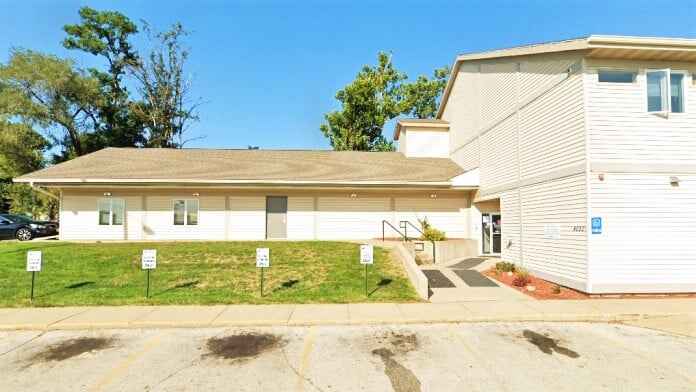About ASAC – Area Substance Abuse Council – Heart of Iowa – Cedar Rapids
ASAC – Area Substance Abuse Council – Heart of Iowa is a residential substance use disorder treatment center for pregnant women and women with children. Women are able to remain with their children at the Cedar Rapids, IA center while they receive comprehensive treatment tailored to their specific needs.
Located in Cedar Rapids, IA, ASAC – Area Substance Abuse Council – Heart of Iowa offers residential substance use disorder treatment for women who have children or are pregnant. Residents learn sober living and life skills while participating in group and individual counseling. The goal is to allow women to remain with their children while they receive comprehensive treatment for their substance use disorder.
Women typically live at Heart of Iowa for 60 to 90 days, but the length of stay varies depending on the needs of the individual. Residential treatment includes mental health counseling, independent living skills, budgeting, nutrition, medical care, parenting skill training, and educational assessments. Recovery services include case management, life skills training, family education, and mental health counseling. While the women are in treatment, children attend school or participate in the center’s daycare program.
Fees for treatment are based on a sliding scale. Family size and income are considered to determine the cost for each woman. No woman will be refused treatment due to her inability to pay. Insurance is also accepted, and Title 19 covers medical services.
Heart of Iowa features family living in two and three bedroom onsite apartments. Onsite licensed child care is provided, as well as children’s programming for school age kids. Women receive initial medical exams for themselves and their children.
To qualify for the program, residents must be an Iowa resident woman with children (newborn to 18), or pregnant. Women must also have an American Society of Addiction Medicine assessment and insurance pre-authorization. To enter the program, women must have a chronic substance abuse problem and be willing to participate in a treatment planning process which includes working toward life goals to make changes.


